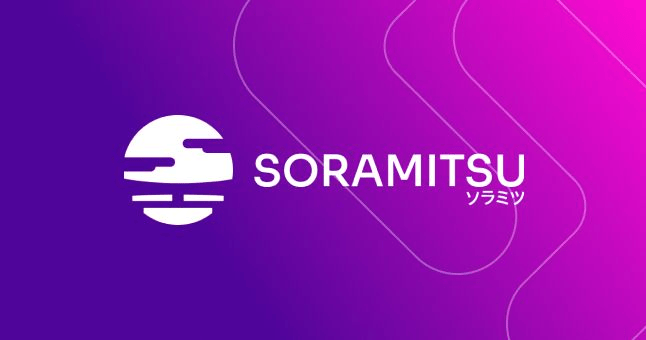Customer Success Story : Soramitsu

Who is Soramitsu?
SORAMITSU is a Japanese fintech company delivering blockchain-based solutions for enterprises, universities, and governments. They count on around 80 employees based in offices in Japan, Switzerland, and Russia.
Their Project
The company has, from its launch in 2016, focused the efforts of their multicultural, technology-oriented teams on creating domestic and cross-border payment systems, blockchain technology, and custom-made solutions for enterprises.
Their flagship products are Bakong, a Central Bank digital currency system developed for the Central Bank of Cambodia, a permissioned blockchain platform aimed at helping businesses and financial institutions manage digital assets – Hyperledger IROHA, which is contributed to the Linux Foundation’s Hyperledger Project. Furthermore, the company works on growing the SORA Decentralized Autonomous Economy (DAE) ecosystem.
At first, SORAMITSU chose Scaleway because of the attractive prices and hosted smaller projects in DEV instances. After exploring the Scaleway ecosystem, the company realized they could deploy different environments for production and development, and were able to rely on Scaleway’s infrastructure for the hosting of bigger projects.
According to SORAMITSU’s CEO, Makoto Takemiya: “We’ve been able to substantially increase the productivity of our developers and the diversity of our developer tools, all while balancing our loads gracefully.”
Their Solution
SORAMITSU runs several blockchain nodes, using networks like Kusama, Ethereum, and their own solutions, on DEV and GP instances. In order to host blockchains, these nodes require a large amount of disk space, varying from 500GB to 2TB, with a growth rate of 20Gb/month. Therefore, all application data is stored in Block Storage so that the instances can be easily scaled up and down. Also, whenever the operating system of the instances needs to be updated or changed altogether, the Block volumes guarantee persistence of the data and allow the alterations to be easily applied and with no data loss.

To create their resources, SORAMITSU uses Terraform. Ansible is used to set up the environment within the instances. For building, testing, and deploying applications, they rely on Jenkins. Github is used to store code, while in DockerHub, Harbor and Nexus they store build artifacts.
In the long run, SORAMITSU seeks to roll out Central Bank Digital Currency (CBDC) solutions to as many countries in the world as possible. Their intention is to create a licensable white-label version of their existing digital currency solutions developed for universities like the University of Aizu. And continue developing SORA’s ecosystem, for the establishment of a decentralized autonomous economy.
Scaleway’s Asset
Having these and other projects in mind, SORAMITSU will continue growing with Scaleway, either through the migration of existing infrastructure, currently hosted at other providers or through the development of new applications that run on more advanced technologies, such as Scaleway Kubernetes Kapsule. “Since Scaleway has been constantly improving and developing its ecosystem while maintaining competitive prices, the tendency is that most of our projects will be progressively migrated to the Scaleway cloud” concludes Bulat Saifullin, Infrastructure Engineer.